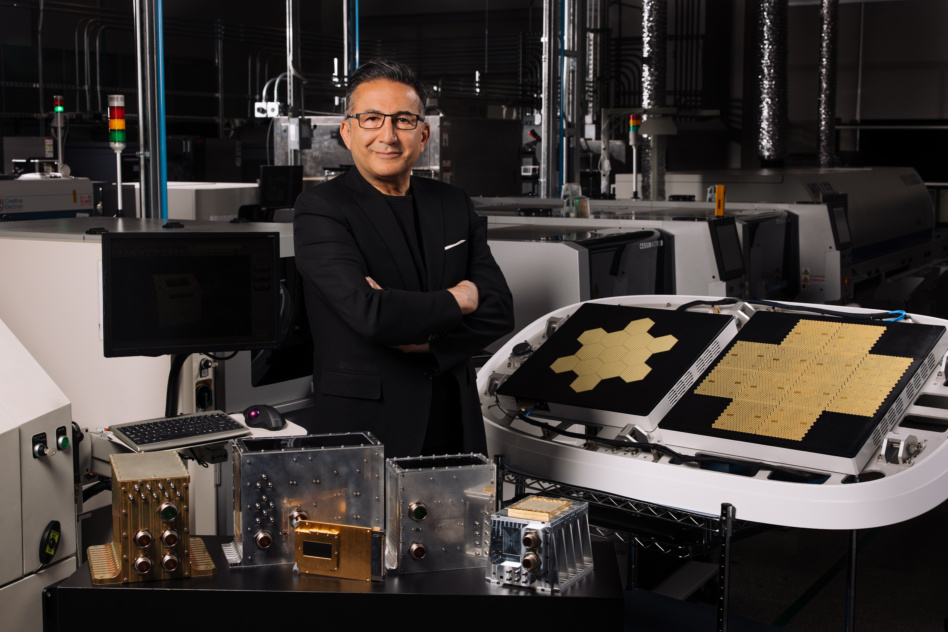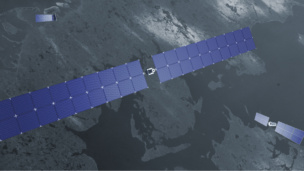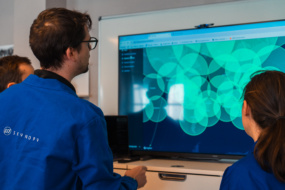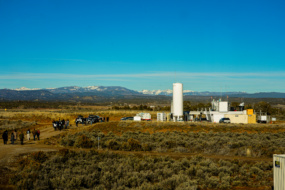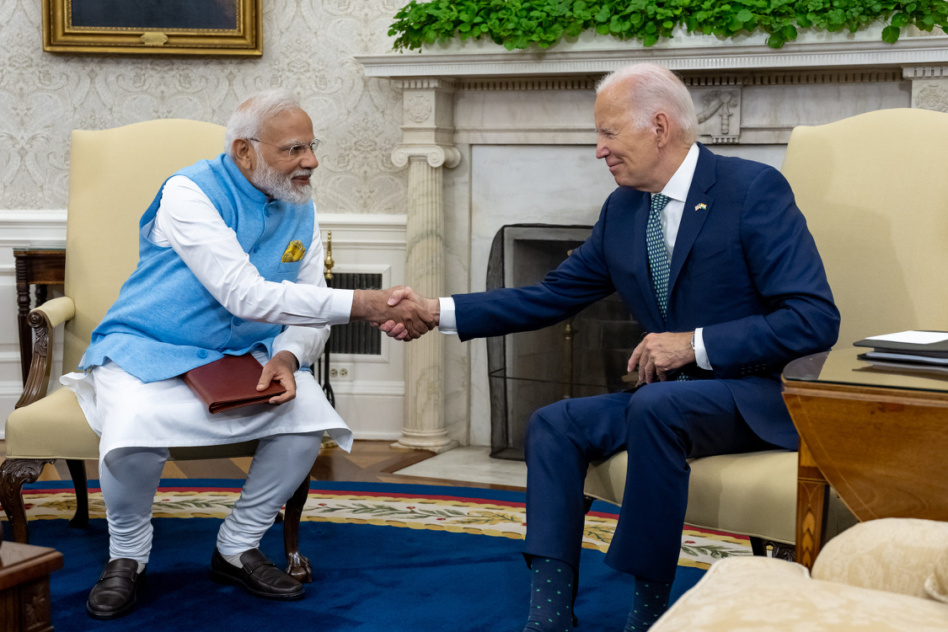CesiumAstro has raised $65M in a Series B+ round, bringing their total venture funding since 2017 to $156M.
The round was led by Trousdale Ventures, Development Bank of Japan, and Quanta Computers, Inc., with additional participation from Perkins, Lavrock Ventures, L3Harris Technologies, InMotion Ventures, Matter Venture Partners, MESH Ventures, and Assembly Ventures.
More money: CesiumAstro, which builds space communications technology for commercial and government customers, will use the extra funds to meet the market’s rapidly growing need for dependable connectivity.
“We’ve gone from a few years ago where we would get emails or phone calls once a week [to] getting hourly phone calls now,” CEO Shey Sabripour told Payload.
The new funds will help bolster nearly every aspect of the global business, and expand CesiumAstro’s physical footprint and production capacity.
- Physical capital: The company plans to focus more on automation within their production facility, and is investing in machines to churn out products 24/7.
- Human capital: CesiumAstro moved to larger offices in London, UK, and El Segundo, CA, and plans to grow its workforce from 200 employees to 250+ by the end of the year.
- Intellectual capital: The company’s Advanced Development team is working to broaden the frequencies its technology can broadcast over, with the eventual goal of covering the majority of the usable frequency spectrum.
More problems solutions: Approximately 90% of CesiumAstro’s $100M+ in revenue and bookings have come from government contracts, but the company hopes the future will include a greater share of commercial clients, a company spokesperson told Payload.
Last year, the company partnered with the Air Force to build a phased array antenna for the Reaper drone, and has already delivered a fully working low-latency antenna prototype to Airbus, which will be tested later this year.
